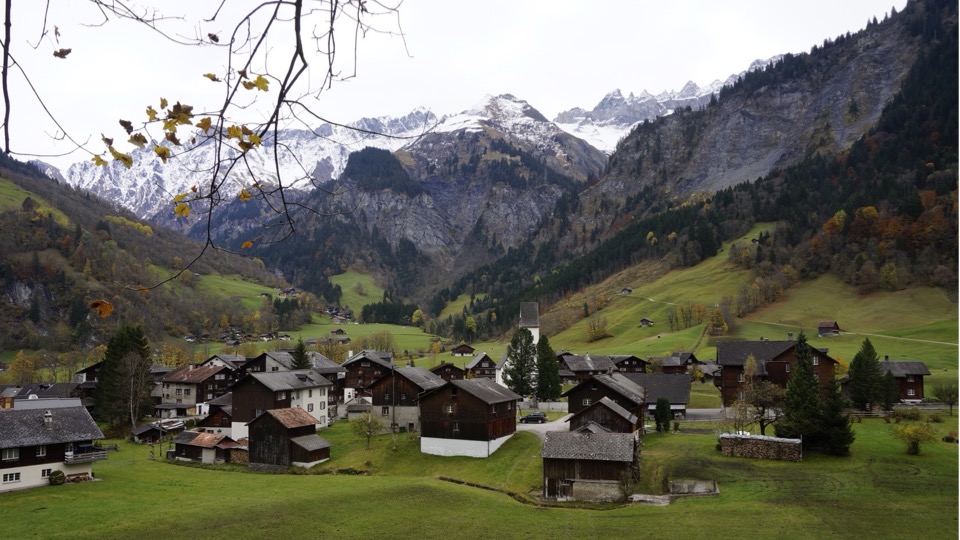Older brothers close in age reduce their sisters’ chances of survival
In various animal species, having older siblings impacts the chances of survival in the early years of life. The impact can be either positive or negative, depending on the degree of cooperation and competition between siblings. To investigate the effect of having siblings on humans, researchers at the University of Groningen (Netherlands), University of Exeter (UK), and University of Turku (Finland) studied historical data from pre-industrial Swiss parish registers. They discovered that the impact that older siblings have is largely determined by their sex: having older brothers close in age negatively impacted girls, whereas having older sisters close in age had a positive effect on both girls and boys. These results were published in Proceedings of the Royal Society B on September 3, 2025.
FSE Science Newsroom | Charlotte Vlek

The researchers retrieved life-history data from 2,941 individuals born between 1750 and 1870, which Erik Postma had collected from Swiss parish registers in the villages of Elm and Linthal. When researchers Mark Spa and Euan Young were formulating their hypotheses, they realized that many previous studies did not distinguish between age- and sex-specific effects on siblings. By distinguishing by age and sex, they found that the number of older siblings was associated with differences in childhood survival rates: having more older brothers close in age had a negative effect on girls’ survival rates. On the other hand, having more older sisters close in age had a positive effect on both girls and boys.
‘Our study highlights the important role of older siblings in the early-life environment,’ says author Hannah Dugdale, Professor of Evolutionary Medicine at the University of Groningen. ‘And we demonstrate the importance of studying sex-specific effects: if you don’t distinguish between the sexes, you may detect no effect overall.’
Reference: Mark Spa, Euan A. Young, Virpi Lummaa, Erik Postma and Hannah L. Dugdale. Age- and sex-dependent associations between the number of older siblings and early-life survival in pre-industrial humans. Proceedings of the Royal Society B: Biological Sciences. 3 september 2025.
More news
-
17 February 2026
The long search for new physics
-
10 February 2026
Why only a small number of planets are suitable for life
